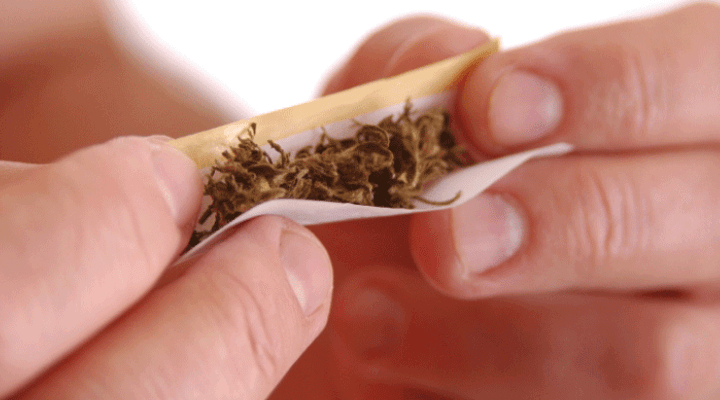In theory, just about anything “bad” you do as a security clearance holder can be mitigated one way or another in the eyes of personnel security officials. The nature of the transgression dictates the nature of the mitigation. For example, a first-time DUI arrest might be mitigated by attendance at an alcohol education class, whereas a third time offense will require a whole lot more, including demonstrated sobriety and a substantial passage of time.
The idea behind this approach is that security clearance adjudications are not meant to punish individuals for past wrongdoing; punishment is the purview of the criminal justice system. Instead, adjudications are meant to be predictive determinations of an individual’s future risk to national security based upon an evaluation of past behavior through the lens of a “whole person” perspective.
One of the ways risk is assessed is by determining whether or not the past misconduct was committed before or after the individual was granted access to classified information, a position of public trust, or eligibility to perform sensitive national security duties. If the individual knew his or her behavior was against government policy (never mind the law) because s/he sat through security and/or ethics briefings previously, that is considered a significant aggravating factor and a breach of the government’s trust. It can be challenging to earn that trust back once it is broken.
The area where this issue arises with the greatest frequency is illegal drug use while holding a clearance – specifically, marijuana use. In general, a history of marijuana use can be mitigated with the right approach and an appropriate period of abstinence between the date of last use and the date of clearance adjudication (what is “appropriate” can vary widely depending on the facts of the case). But take one puff of a marijuana joint or eat one marijuana edible while holding a clearance, even if years prior, and circumstances can change dramatically.
When a Single Use of Drugs Could Cost You Your Clearance
To be sure, most of the cases where we see clearances being revoked for drug use involve situations where the clearance holder has used more than once while holding a clearance. However, there are also plenty of cases out there where a single instance of drug use while holding a security clearance was enough to result in adverse action by security officials.
Frequently, those “one time and you’re out” scenarios involve a clearance holder with a history of pre-clearance use who is viewed as having reverted or relapsed into the old behavior. Other potentially problematic scenarios include where the individual experimented with marijuana on one or two occasions later in life (40’s or 50’s) and a degree of ageism – “s/he should have known better” – comes into play. We’ve also seen scenarios where a clearance holder has failed a drug test, claimed to have tried drugs only once, and been nailed on the basis that security officials simply did not believe the coincidence.
These are representative examples that may have little apparent relevancy to your specific situation. Nonetheless, they should serve to demonstrate that – while a single instance of drug use may seem a flimsy basis for assessing national security risk – the issue isn’t really the drug use per se, but rather the violation of trust that comes with a perceived disregard for the government’s rules and policies. It is a mistake to assume that a single lapse of judgment will be automatically forgiven.
This article is intended as general information only and should not be construed as legal advice. Consult an attorney regarding your specific situation.



